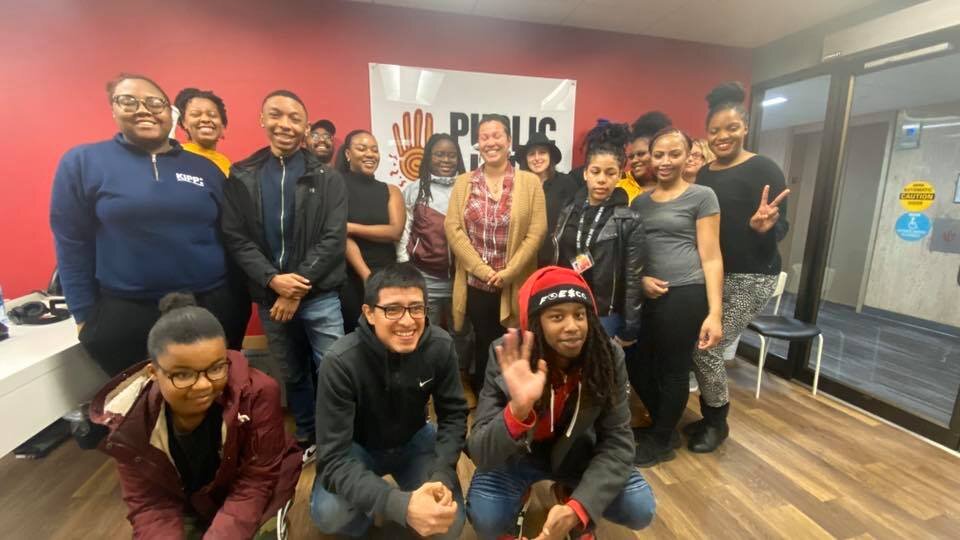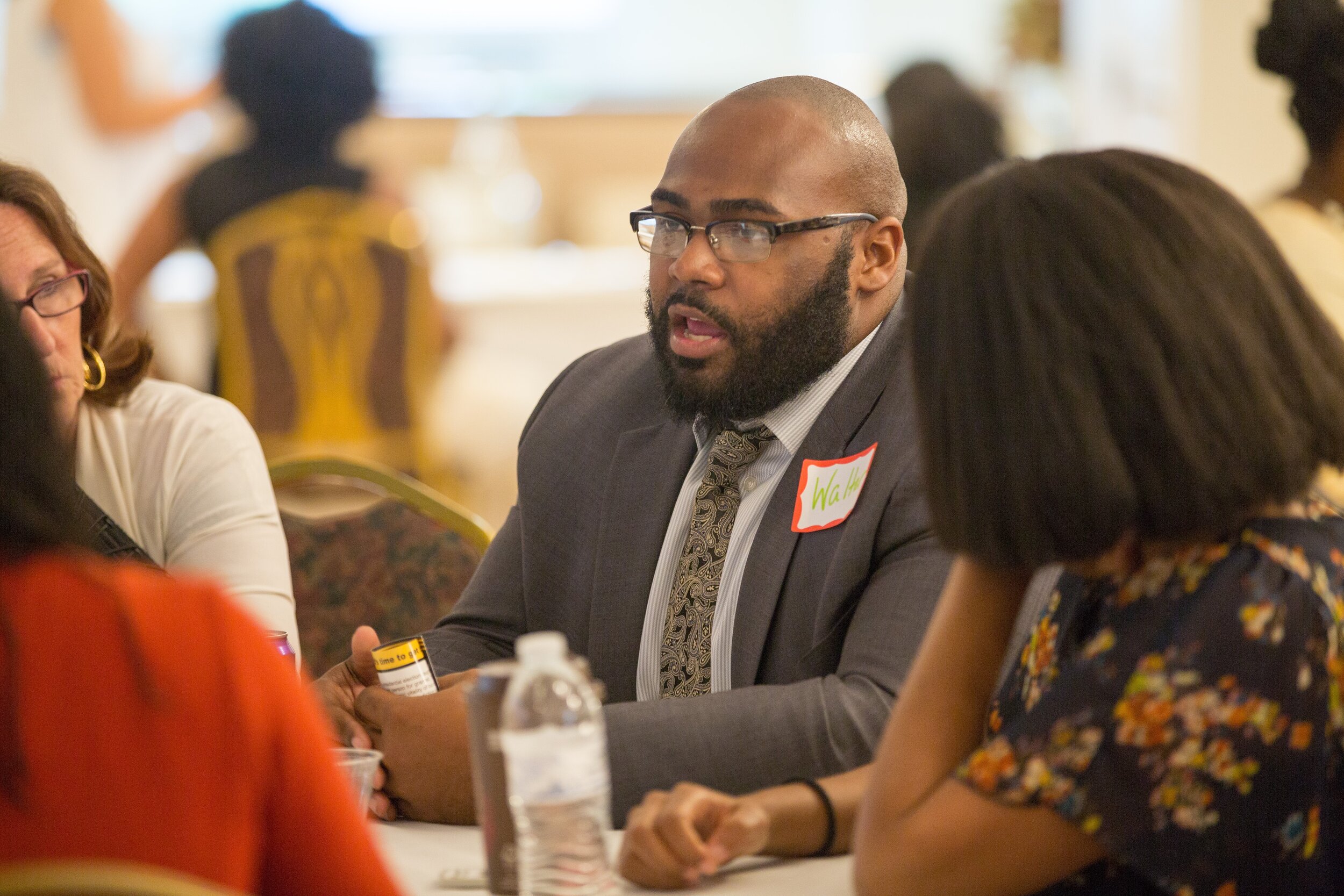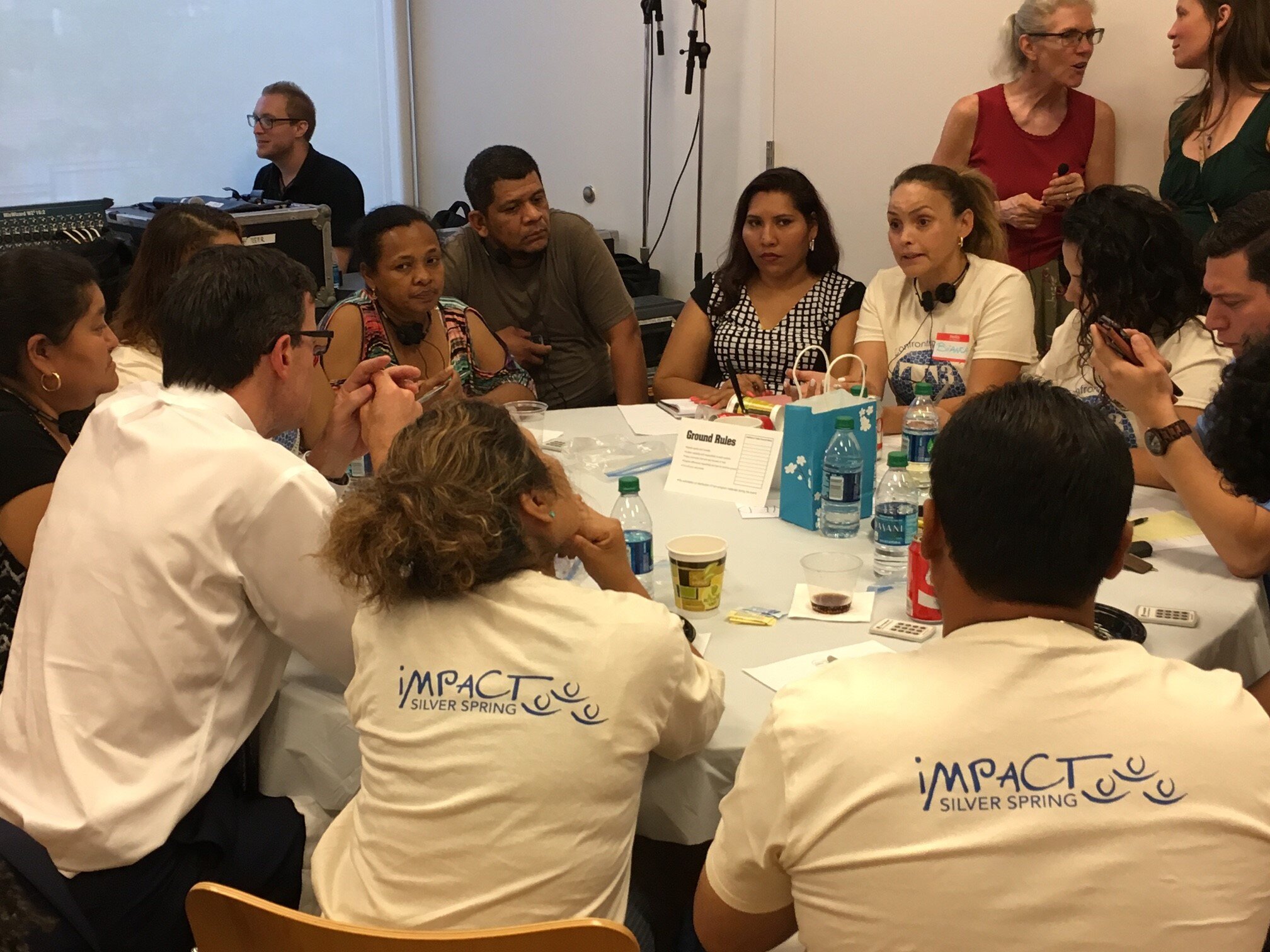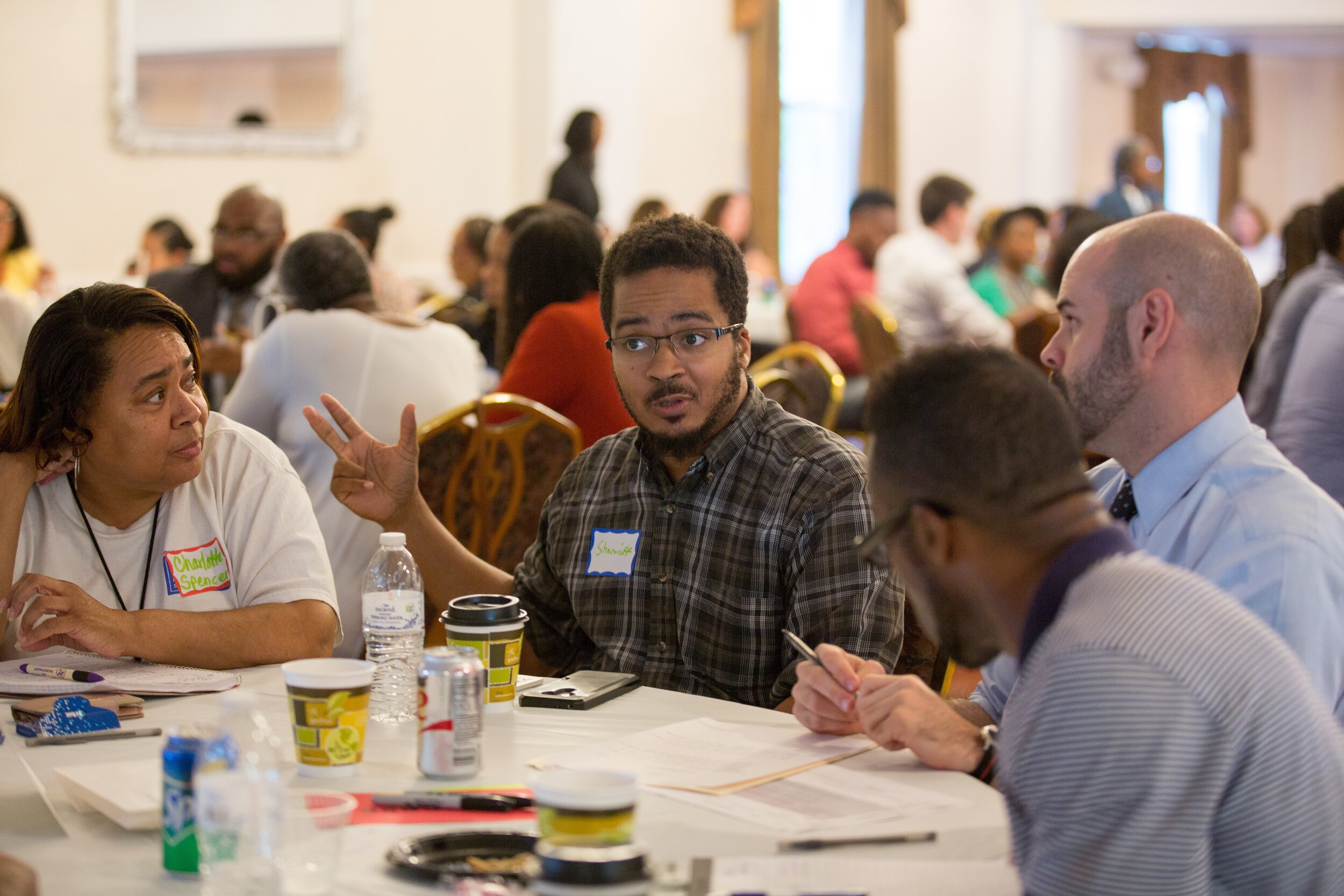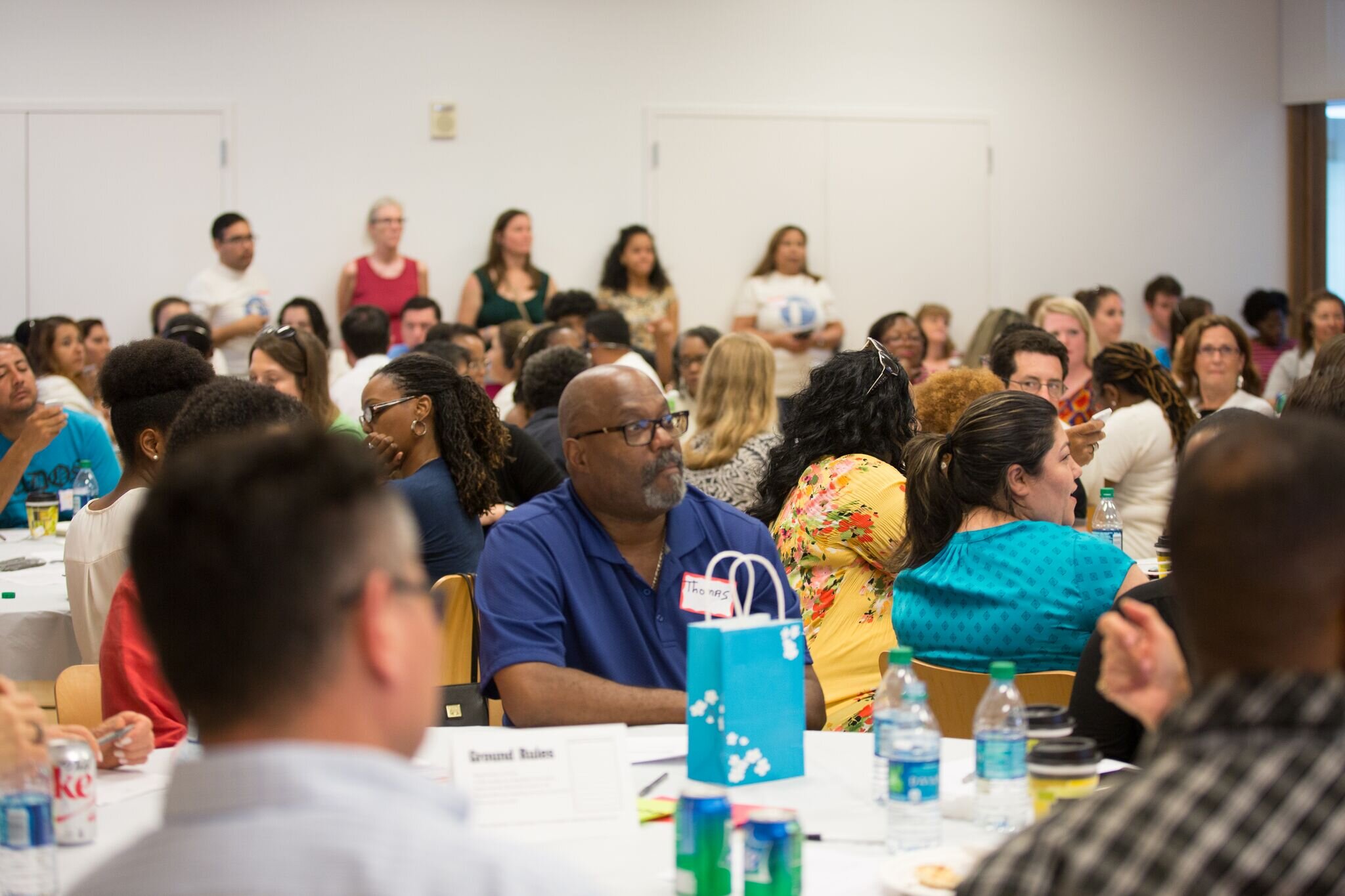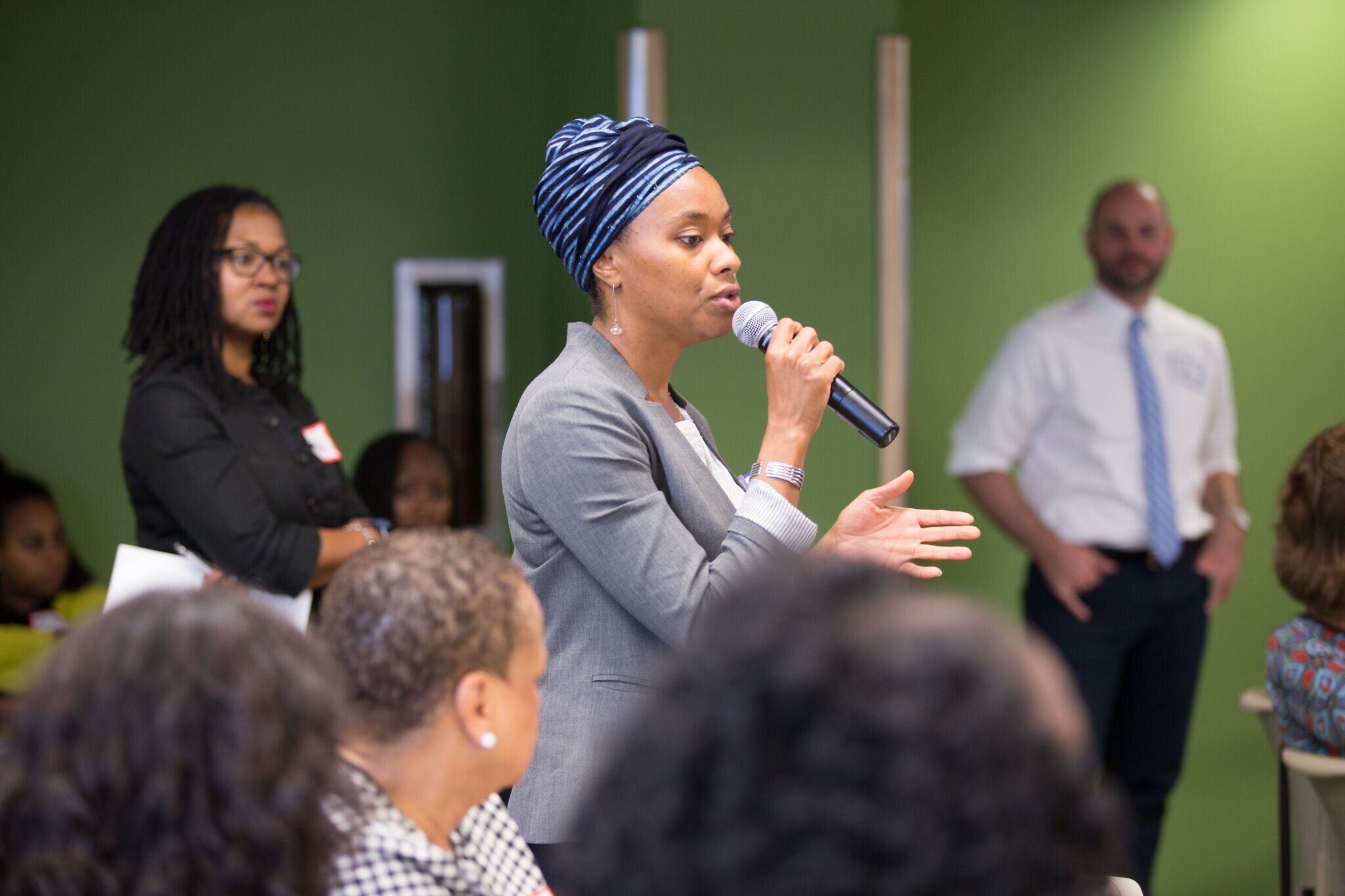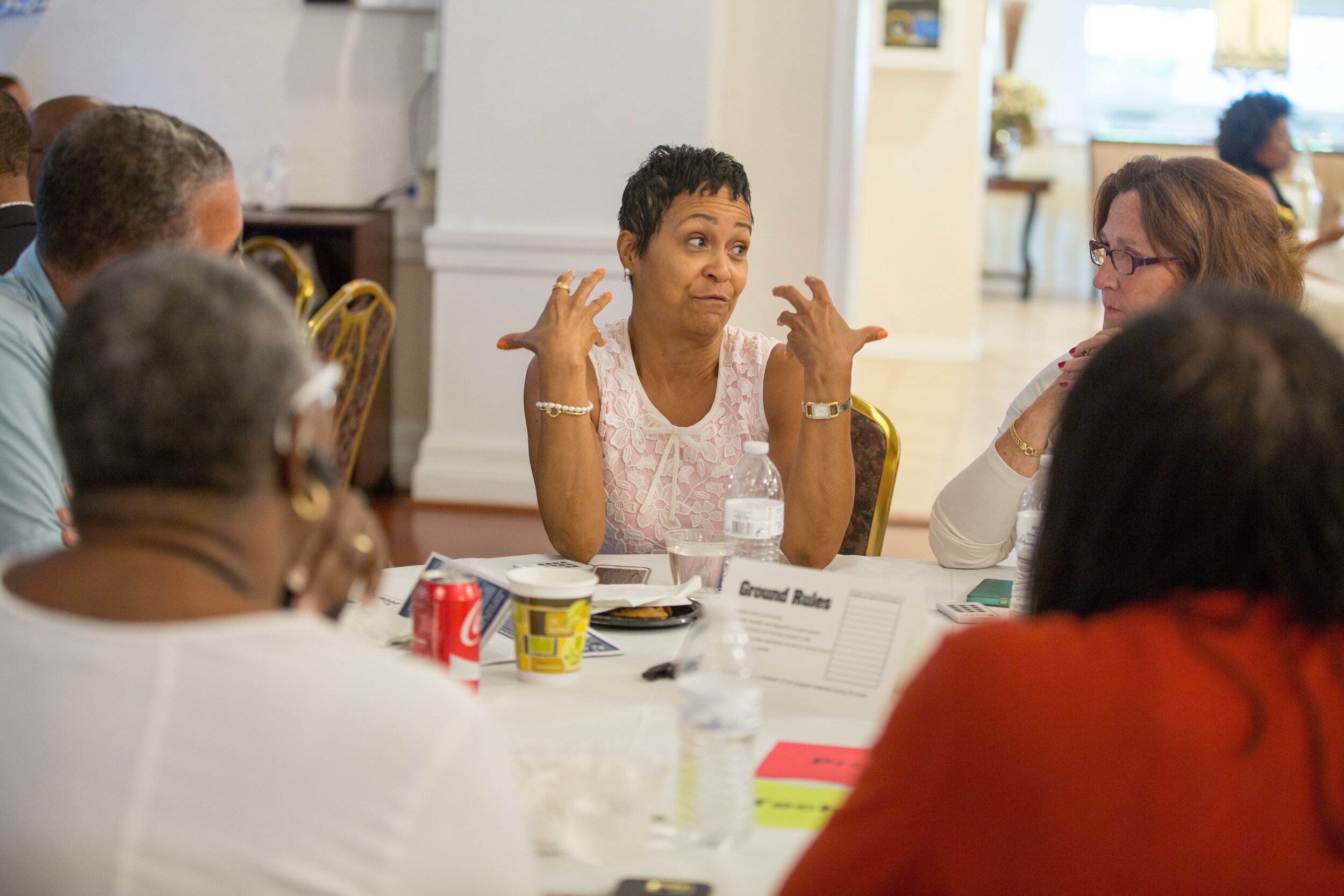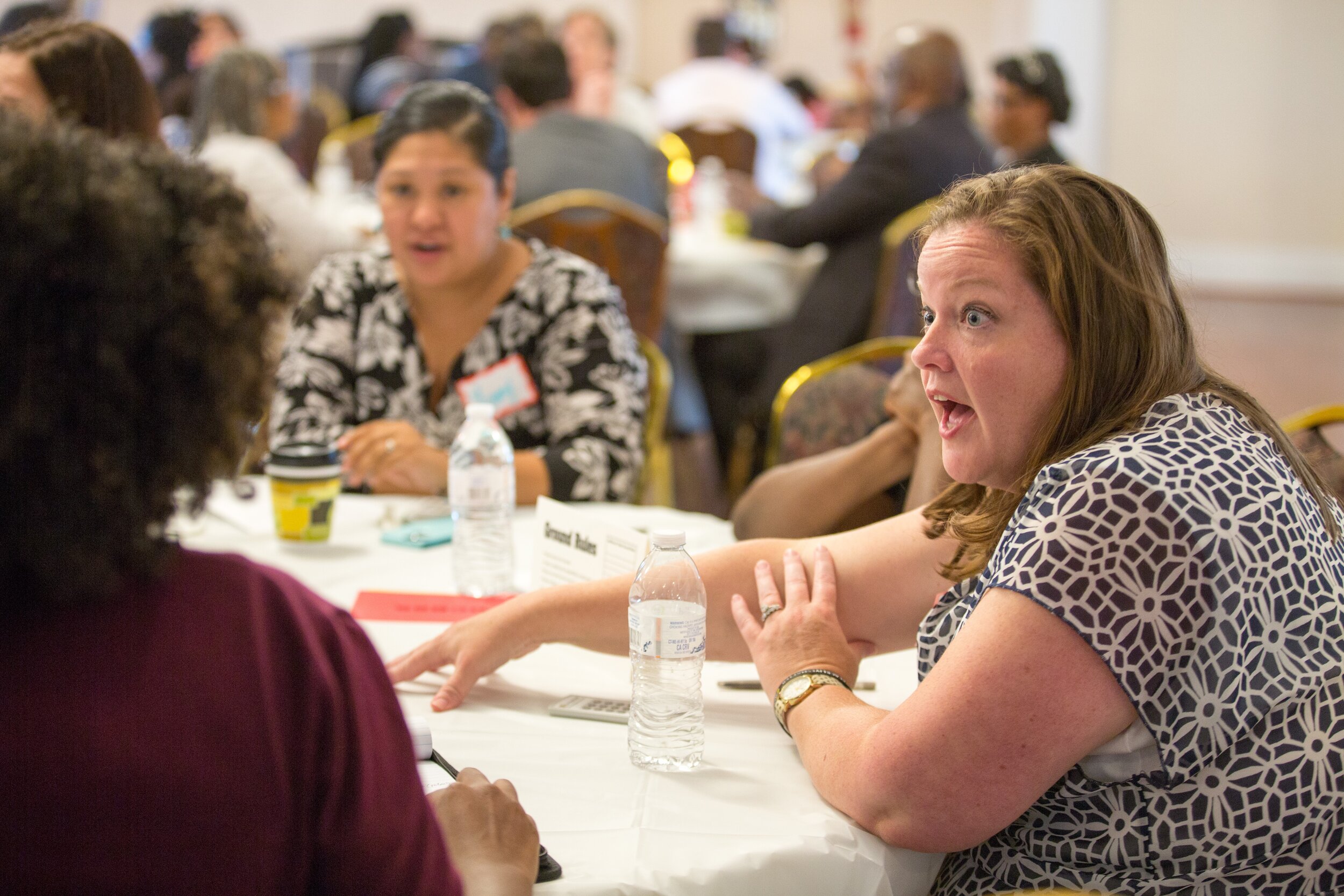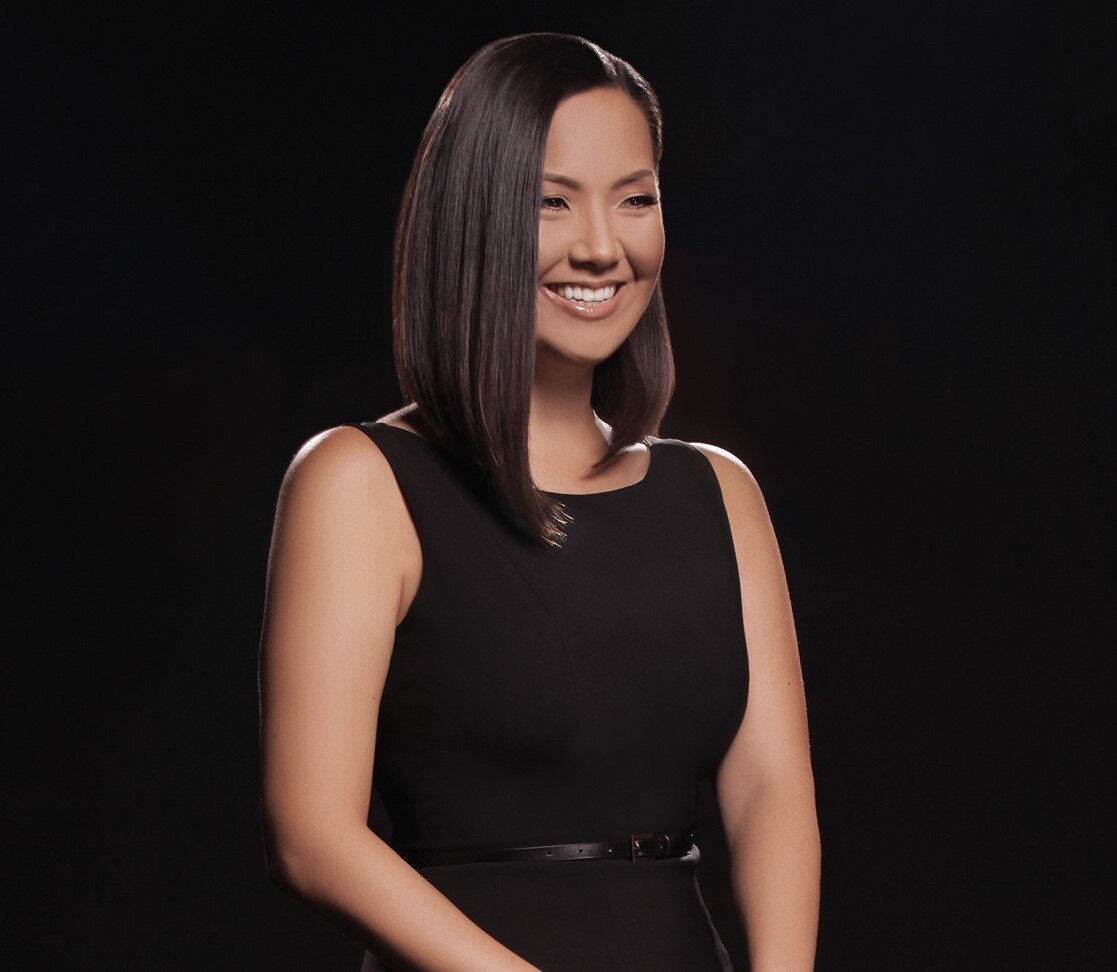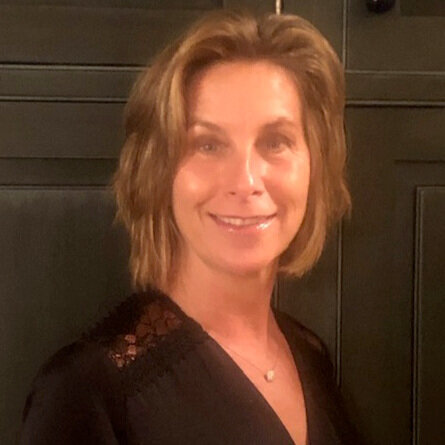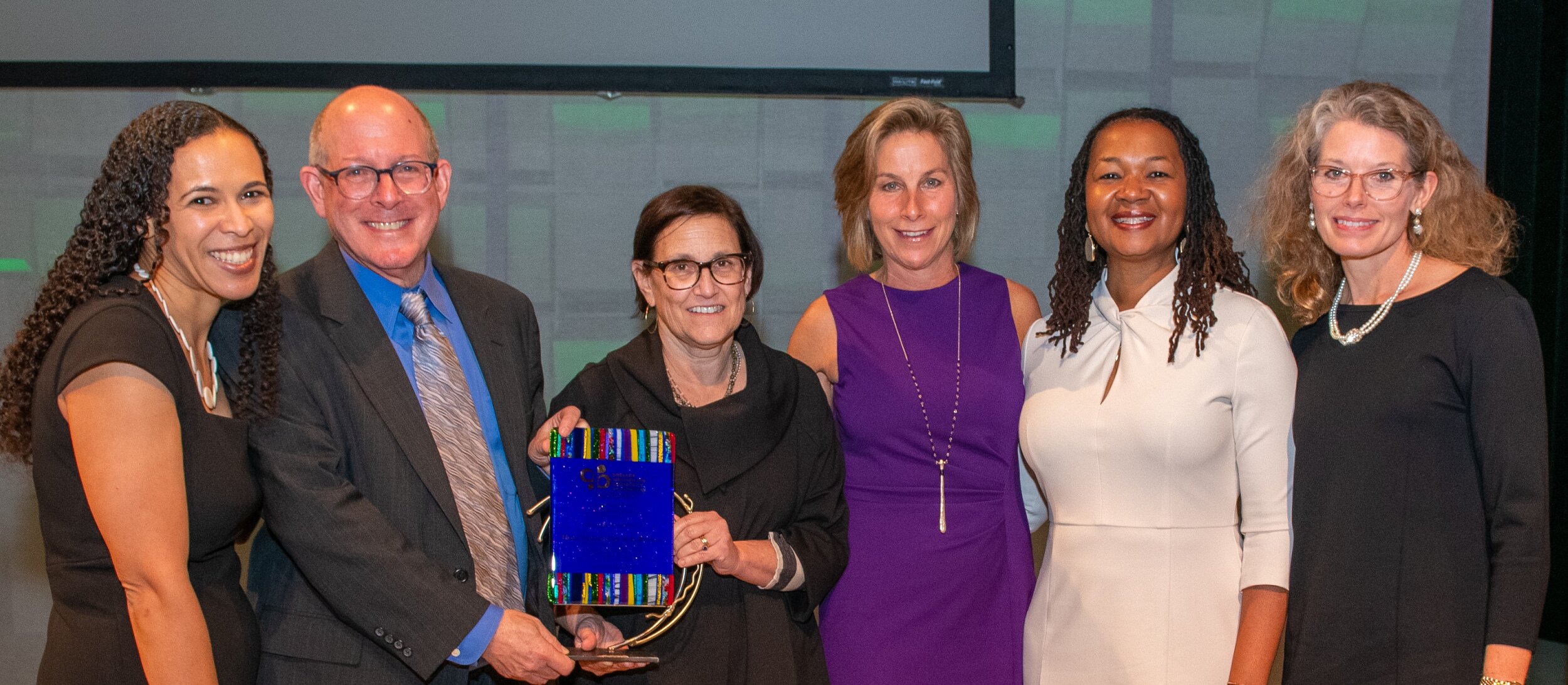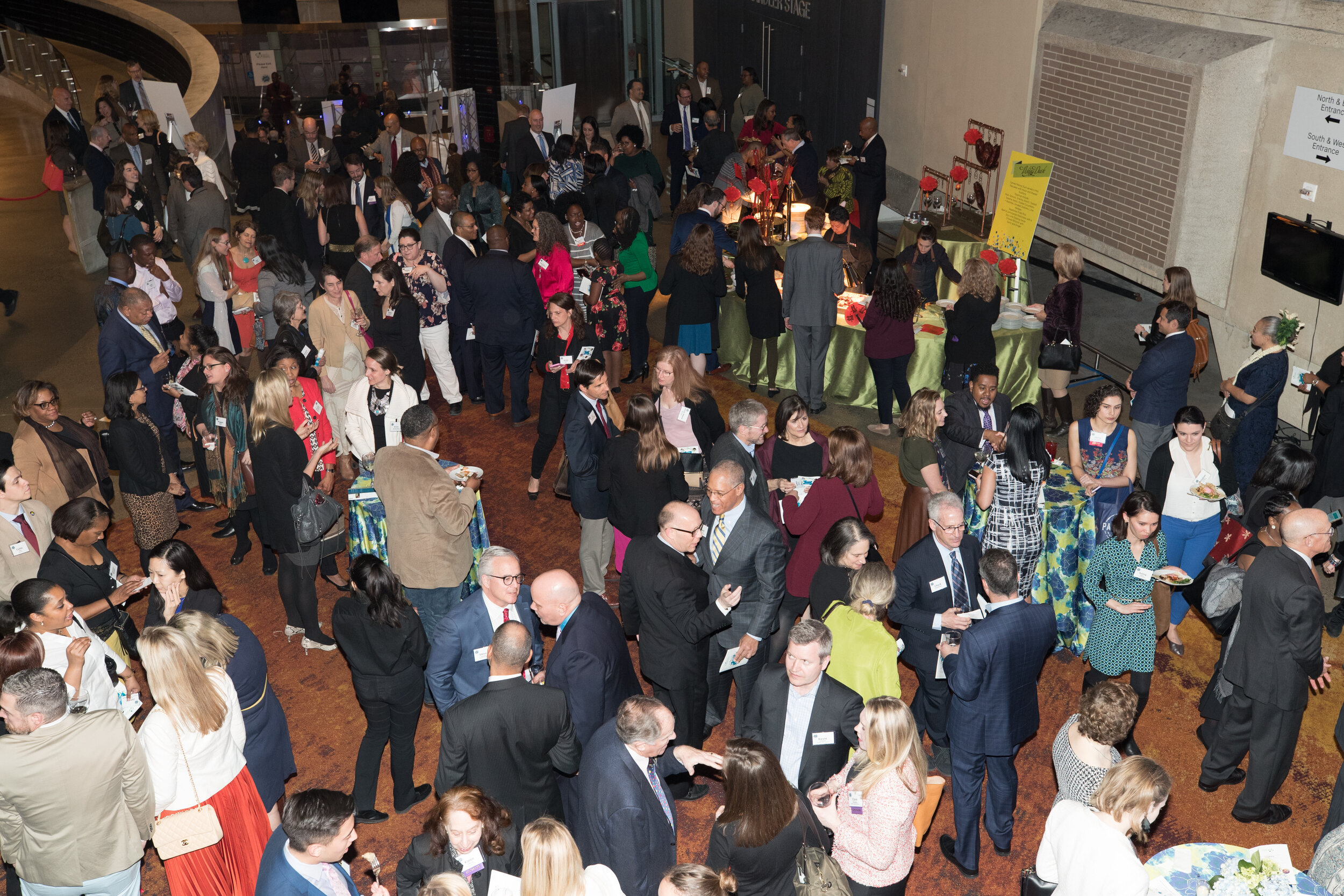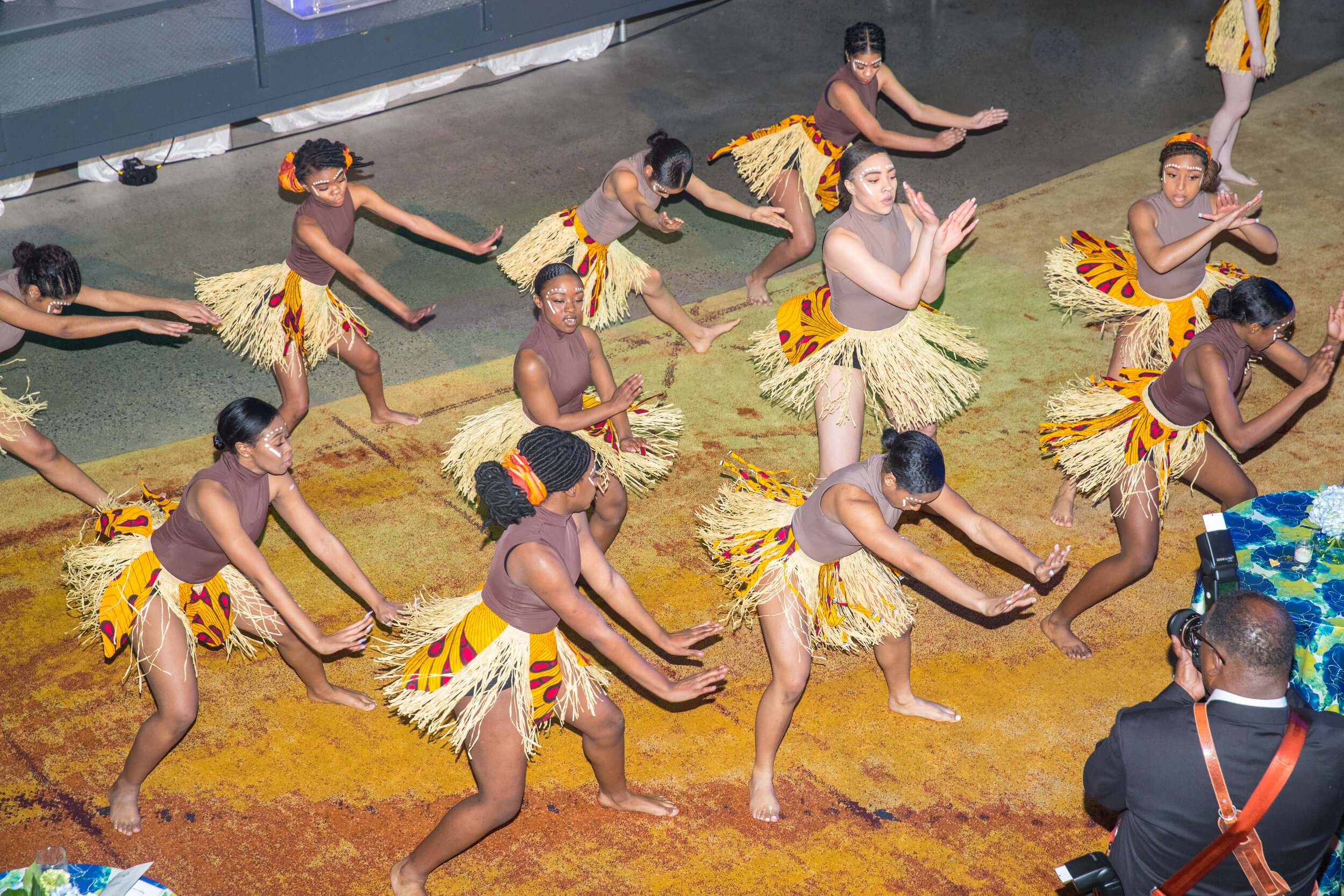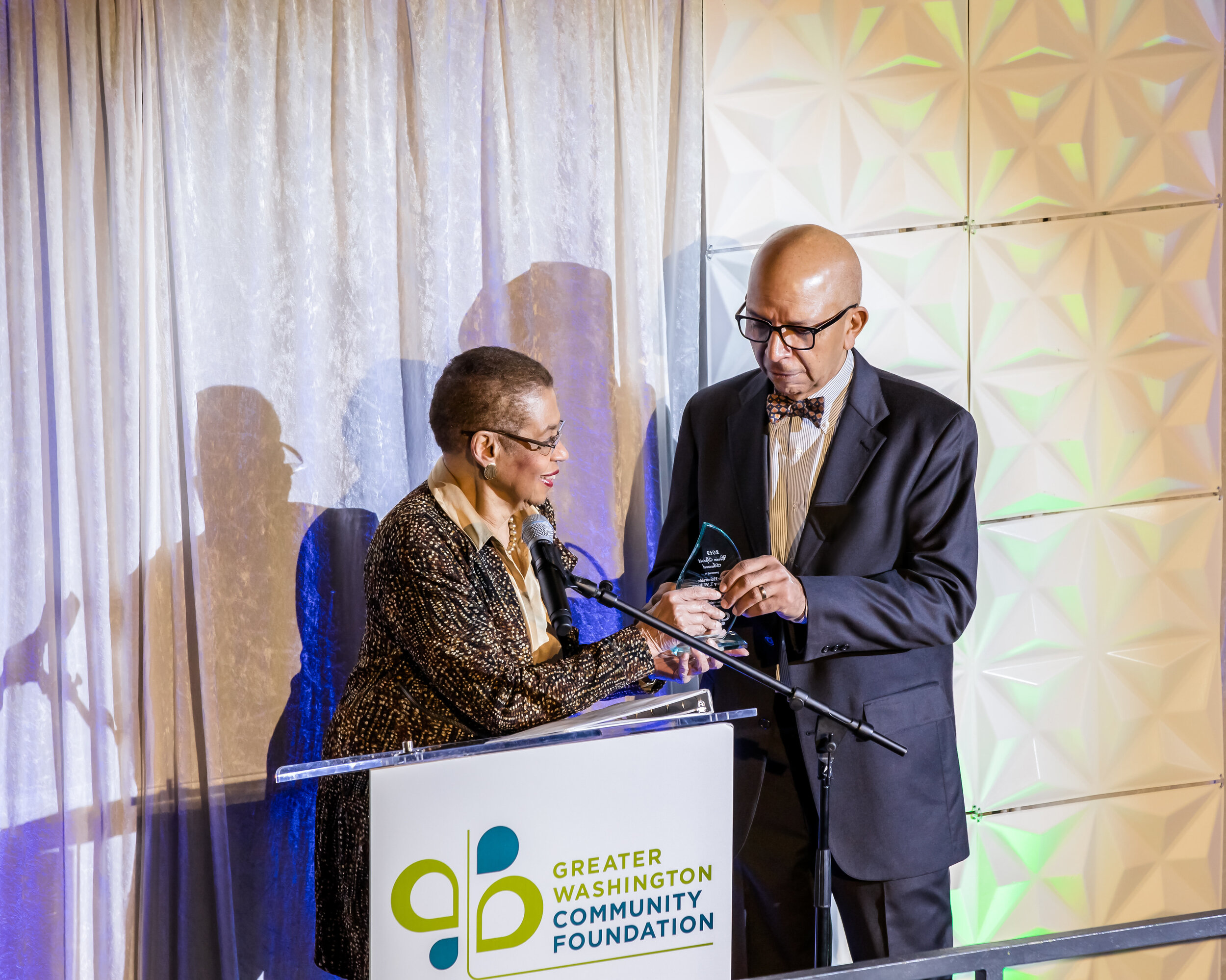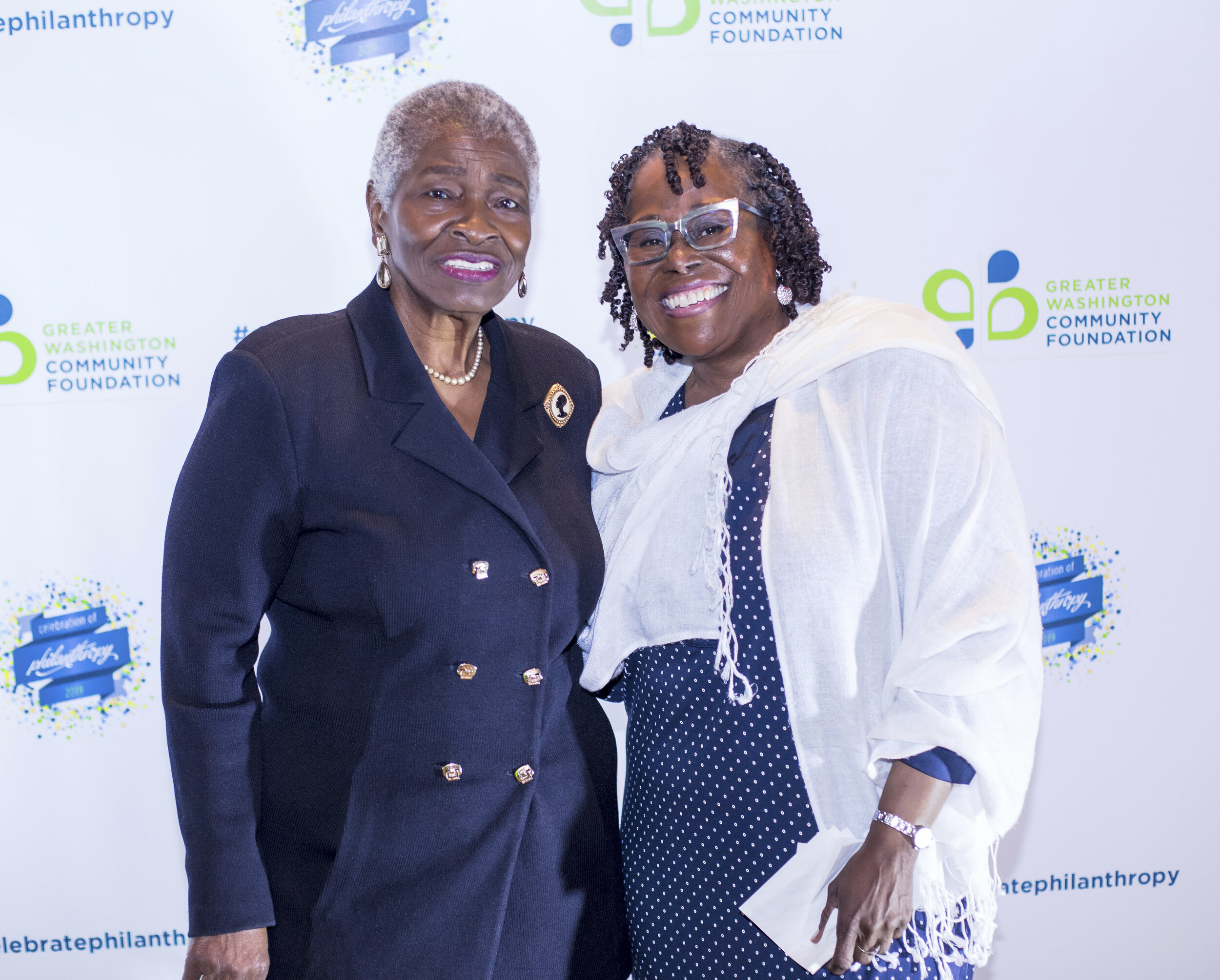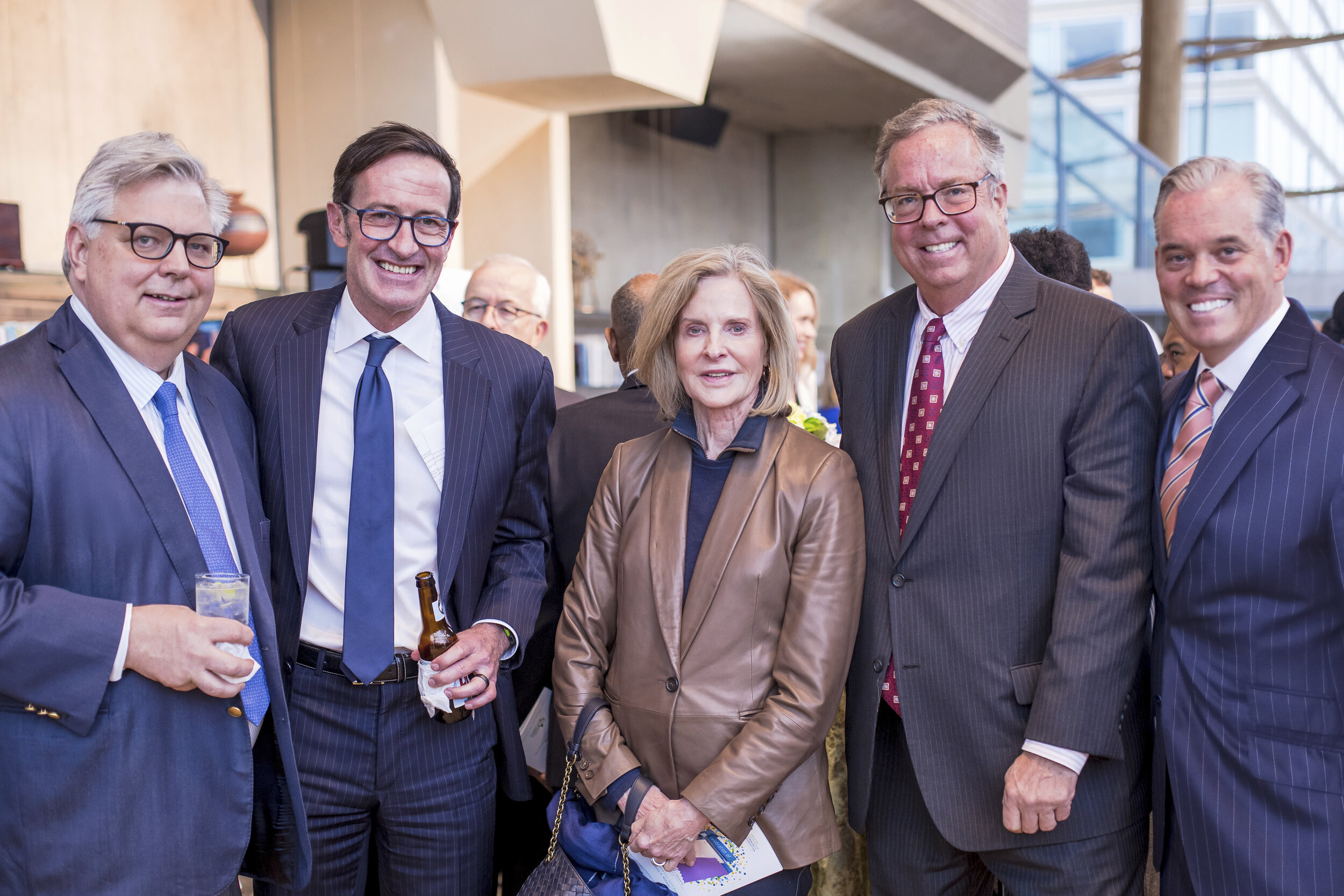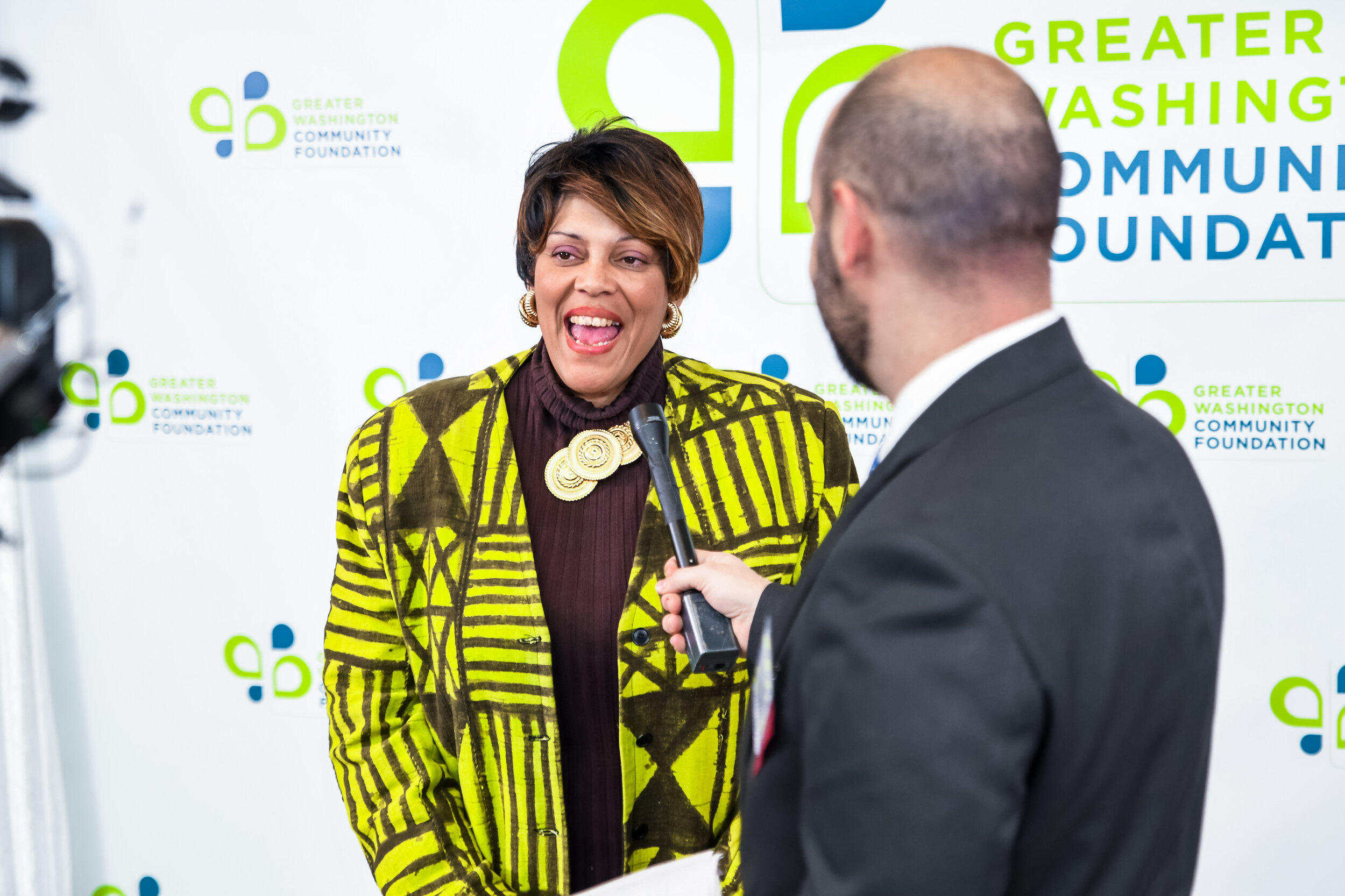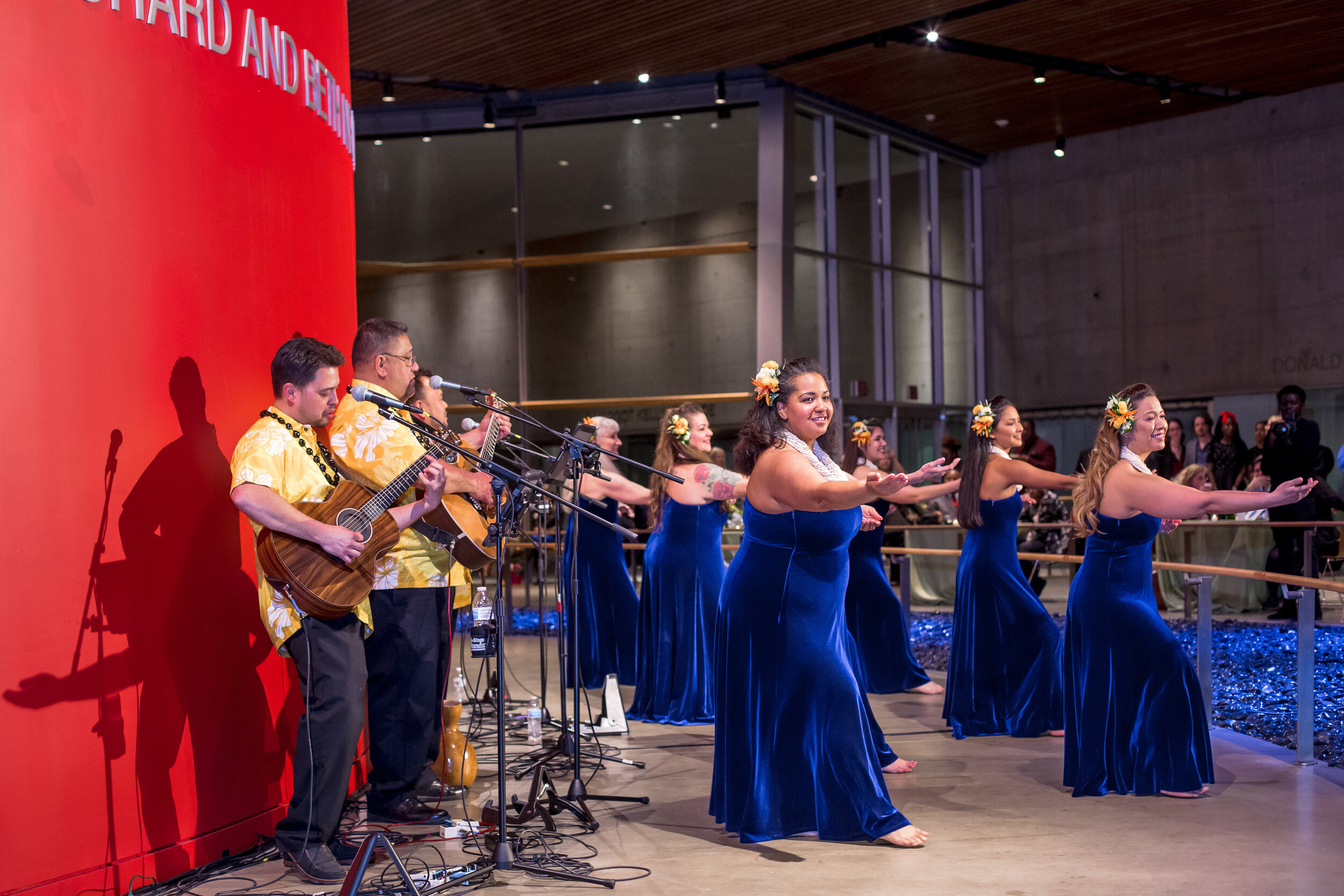By Shelley Gilbert
When I was around 6 or 7 years old I began being sexually assaulted. My parents didn’t know it was happening. When they found out, they got me therapy. But it takes time to get over that kind of trauma--my self-esteem was tainted, I felt dirty--and I carried it with me for a long while.
I was a wild teenager, drinking and partying. My parents separated when I was 13, and I shuttled back and forth between my Dad on the East coast and my Mom on the West coast. After I graduated high school, I was still partying. My Mom and Dad, who was in the Army himself, thought it would be good for me to join the military so when I was 20 years old I signed up to the Coast Guard. I put in four years of service and trained as a medical technician during that time. When I left the military, I was able to get a job as a dialysis technician. I worked in dialysis for nearly 20 years in Baltimore, and had two daughters which I raised as a single parent.
But I was still carrying a lot of baggage with me. I was depressed, and I had a lot of repressed anger. I had a hard time holding onto jobs--I had a temper and I was having flashbacks of the past. I’d catch myself just staring at the walls.
In 2010, I decided to try my hand at sales. I had a steady job for several months, but it was getting harder and harder to make ends meet. I lost my car. And then on June 13, 2011, I lost my apartment. It was a Monday morning, and I wasn’t going to get paid until Friday. I couldn’t make the rent.
My mind wasn’t working – I was in a fog – and didn’t think to ask my employer for an advance. When things pile up so high, you get paralyzed.
I was homeless for 17 months. I was couch surfing for a while. I stayed in a hotel. One rainy night, it was 20 degrees out and I had nowhere to stay, so I slept in a bus stop. I also stayed in a shelter for a while, but it was hard to sleep there, and I had to get up at 4:30 a.m. to go to work. Eventually, I lost my job.
In April 2012, I became a manager at Denny’s. I was still homeless, living in a hotel with my daughter. I had a 45-minute walk to work, and was on my feet for 13 hours, before I had to walk back home, often at 2:30 a.m. in the morning after my shift ended. Then in October I had an injury. One day, something just snapped in my back. I bought a soft brace at Walmart on my way to work. I told my manager I was in pain and was going to the ER after my shift.
I was out of work for six weeks. I was in so much pain and taking some strong painkillers which really knocked me out. When I had left the hospital, they gave me a packet which included a booklet with a suicide hotline for Veterans. I wasn’t considering suicide, but I needed help, so I called them. Through that hotline, I got connected to a case worker at Friendship Place, a nonprofit in Washington, DC which helps people experiencing homelessness to find stable housing. He told me to look for an apartment, that as a Veteran I qualified for financial support, and he could give me a check to cover my deposit as well as my move in costs. I thought it was too good to be true.
Weeks went by. I was still taking the painkillers, and they were so strong, that I couldn’t think straight. I couldn’t even recognize my grandkids. So I stopped taking them. I called Friendship Place, and they told me that they could still help me find a home.
I went to see an apartment at 9 a.m. the next day. I waited all morning and afternoon to hear whether I got the place. At 3:16 p.m., as I was on my way back to the apartment building office to see if there was any update, they called to say they’d reviewed all my paperwork and I’d been approved for the apartment. I could just picture a key dangling from a key chain. A few days later, I moved in.
Having a home is empowering. Being able to stand on your own two feet, and not having to rely on someone else makes you feel good about yourself. It hasn’t been easy– I’ve had times that I’ve not been able to pay my rent and had two major car accidents that really set me back. I came close to being homeless two more times. But I’m back working in dialysis, spending time with my kids and grandkids, and will turn 55 soon. Having my own place, and the security and stability that comes with it, has really been life-changing for me.
Because of my military service, I qualified for the Veterans Affairs' Supportive Services for Veteran Families (SSVF) program that was established during the Obama Administration. When President Obama and First Lady Michelle Obama visited Friendship Place, I was able to be there to thank them personally for the SSVF, which was an incredible gift in my life.




